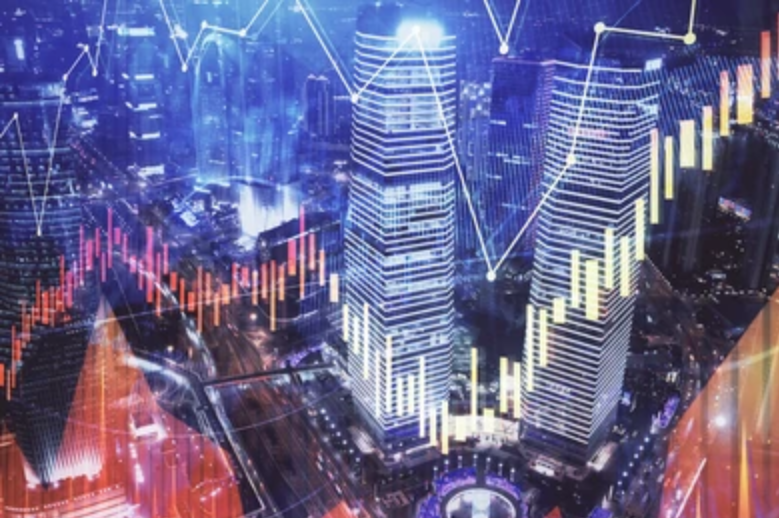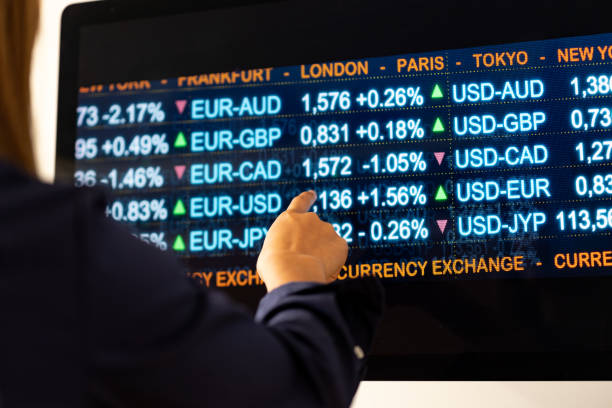Namibia starts construction of Africa's first decarbonised iron plant
WINDHOEK, Nov 7 (Reuters) - Namibia began construction on Monday of Africa's first decarbonised iron plant, to be powered exclusively by green hydrogen, the country's investment promotion body said.
Steelmaking is one of the most polluting industries in the world and the industry is seeking to shift away from coal-fired plants and towards the use of decarbonised iron.
The Oshivela project in western Namibia is backed by the German federal government, which has injected 13 million euros, and will use renewable energy to generate 15,000 tonnes of iron per year with no carbon emissions, the Namibia Investment Promotion and Development Board (NIPDB) said in a statement.
Namibia last year became the first African country to sign an agreement with the European Union to supply the bloc with green hydrogen and minerals needed for clean energy technology.
Production at the plant is set to begin in the final quarter of 2024, with plans eventually to ramp up production to 1 million metric tons of green iron a year.
The iron produced at the plant can also be used as a preliminary product in steel production in Germany to manufacture green steel for the production of wind turbines or vehicles, said Rainer Baake, Special Envoy for German-Namibian Climate and Energy Cooperation.
The project's developers, a consortium of German and Namibian companies, said the plant will use HyIron technology, which processes iron ore in a rotary kiln with the help of green hydrogen.
Reporting by Nyasha Nyaungwa Editing by Nelson Banya and David Goodman
Our Standards: The Thomson Reuters Trust Principles.
How do futures traders review their trading?
Futures trading is a form of financial speculation that involves buying and selling contracts that represent the future delivery of an asset, such as a commodity, a currency, an index, or a stock. Futures traders aim to profit from the price movements of the underlying asset, without actually owning
Futures night trading hours
Futures are contracts that obligate the buyer or seller to exchange an asset or commodity at a specified future date and price. They are used for hedging, speculation, and arbitrage purposes in the global market. Futures can be based on various underlying assets, such as currencies, commodities, ind
How can futures efficiently increase the success rate of intraday trading?
Intraday trading is a form of trading that involves buying and selling securities within the same trading day, without holding any positions overnight. Intraday traders aim to profit from the short-term price fluctuations of the market, using various tools and strategies to analyze and execute trade
What are the factors that can affect how much money can be made in futures?
Futures trading is a form of financial speculation that involves buying and selling contracts that represent the future delivery of an asset, such as a commodity, a currency, an index, or a stock. Futures traders aim to profit from the price movements of the underlying asset, without actually owning








